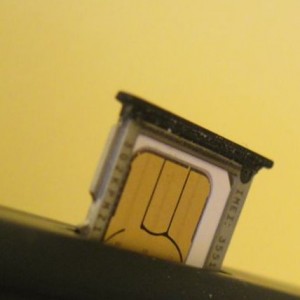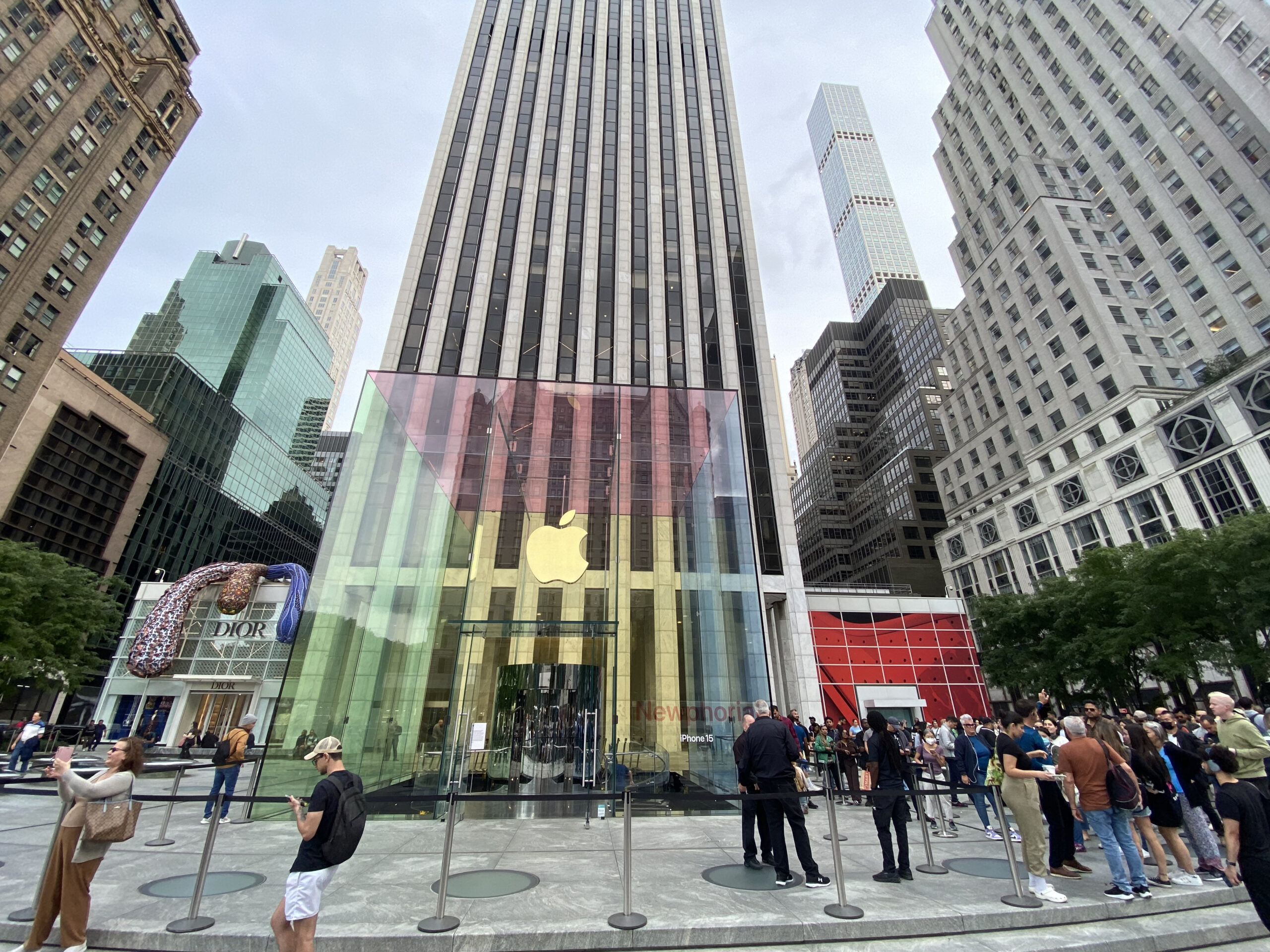Unlocking Phones Is One Thing, Unlocking DMCA Regulatory Capture Is Another
 If you’ve paid off your phone, you can treat it as your property instead of your wireless carrier’s. That’s the not-exactly-revolutionary upshot of yesterday’s voluntary agreement by AT&T Wireless, Sprint, T-Mobile, U.S. Cellular and Verizon Wireless to unlock out-of-contract devices.
If you’ve paid off your phone, you can treat it as your property instead of your wireless carrier’s. That’s the not-exactly-revolutionary upshot of yesterday’s voluntary agreement by AT&T Wireless, Sprint, T-Mobile, U.S. Cellular and Verizon Wireless to unlock out-of-contract devices.
But only 11 months ago, the government had extinguished the right of customers to unlock their phones. In light of that, the unlocking agreement pushed by new Federal Communications Commission Tom Wheeler looks more significant.
This deal essentially changes the operative verb in phone unlocking from “may” to “shall.” Those five carriers have pledged:
- to unlock postpaid phones that are out of contract or have a financing plan paid off, as well as prepaid phones one year after their activation (military personnel about to be deployed don’t have to wait);
- to have qualifying phones unlocked within two days or explain why they can’t;
- to notify customers when they’re eligible to get their devices unlocked;
- to make these changes within a year.
Bear in mind the limits to this shift that keep it from representing a fundamental reboot of the U.S. wireless market.
For one thing, the CDMA standard employed by Sprint, U.S. Cellular and Verizon binds a phone to a carrier in software and network-based authentication—unlocking requires a new carrier’s permission as well as a firmware update.
The GSM standard in use at AT&T and T-Mobile stores subscription information in a removable card. So once a SIM card slot has been unlocked, you only need another carrier to sell you a new SIM card.
In either scenario you also need to make sure that the new carrier uses frequencies that your phone supports, lest you get stuck with slow data service or none at all.
The wireless carriers’ voluntary deal also doesn’t help people hoping to avoid steep roaming fees by using prepaid service overseas, although some will unlock in-contract phones for international use.
Having somebody besides your carrier unlock your phone remains illegal, thanks to the Digital Millennium Copyright Act’s prohibition on circumventing access-control technologies and the Librarian of Congress’s decision last October to terminate a phone-unlocking exemption from that provision.
Fixing that—a key demand of a petition on the White House’s site signed by over 114,000 people—will require separate legislation.
(A fair amount of credit for that grassroots lobbying goes to the duo of Derek Khanna and Sina Khanifar, who made undoing the unlocking ruling a quasi-full-time hobby; the Republican Study Committee may deserve an assist for giving Khanna that free time by firing him for writing a gutsy proposal that the GOP push for copyright reform.)
The Obama administration supports a bill, the Unlocking Consumer Choice and Wireless Competition Act, that would grant an individual right to unlock while preserving a wireless carrier’s ability to deny service to an unlocked phone.
That last detail would still make the wireless market less open than wired telecom, where carriers can’t tell you what devices can plug into their networks.
But compare even this week’s measured progress to where we were a few years ago. The authority of a carrier to control a phone was so entrenched that AT&T could wait almost five years to allow iPhone unlocking under any conditions, and T-Mobile was equally rigid about its pioneering Sidekick devices.
And if you wanted to buy an unlocked phone, you’d have to pay hundreds of dollars more for one and then pay subscription rates that recouped a handset price subsidy you didn’t get.
Now we have a growing choice of unlocked phones at more affordable prices, two carriers that give you a discount if you bring your own phone, a newly codified right to take even a subsidized phone elsewhere once you’ve paid it off, and the prospect of legislation that would expand that freedom.
It’s all a useful reminder of how the alleged iron laws of the tech universe—three years ago, “digital rights management” restrictions on music downloads, maybe someday DRM on e-books?—can crumble with enough of a push from the right people.








